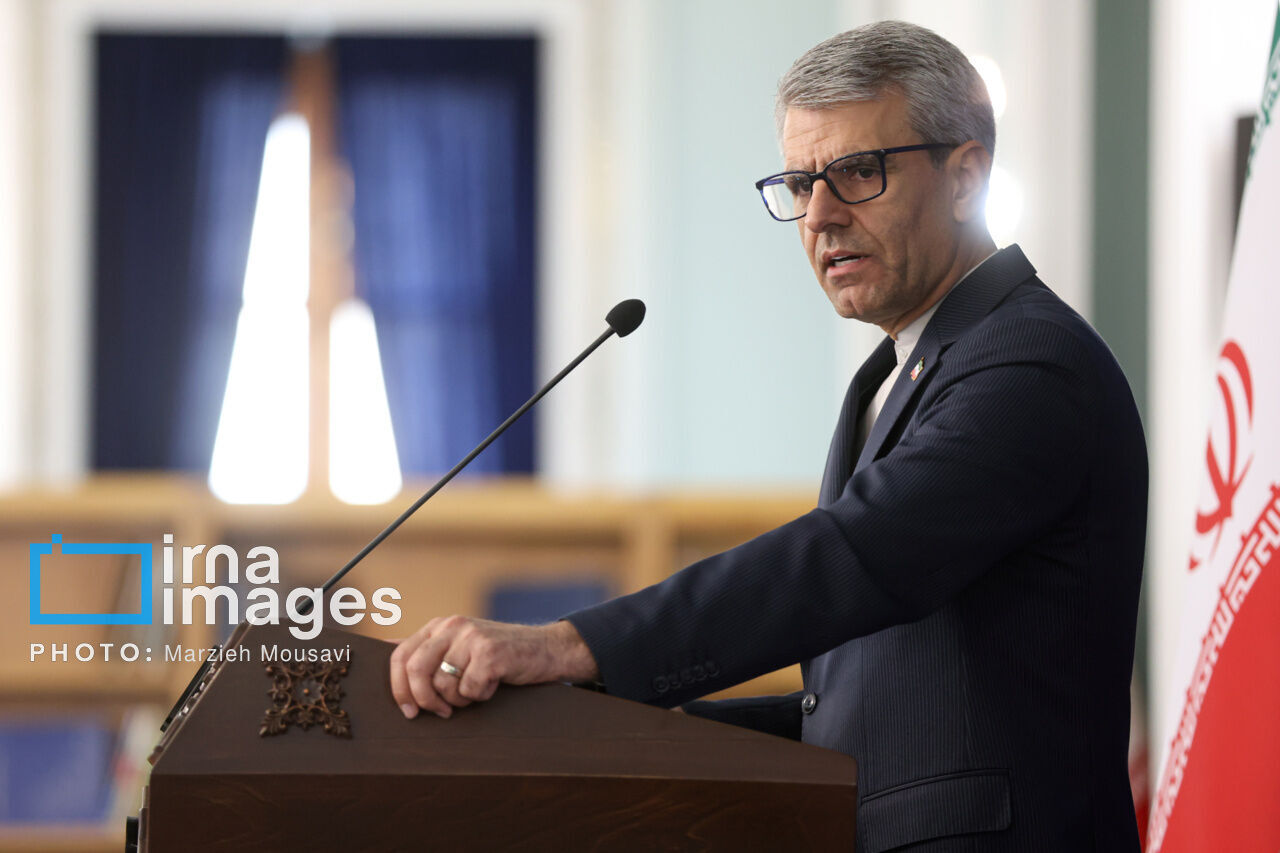
Similar Posts
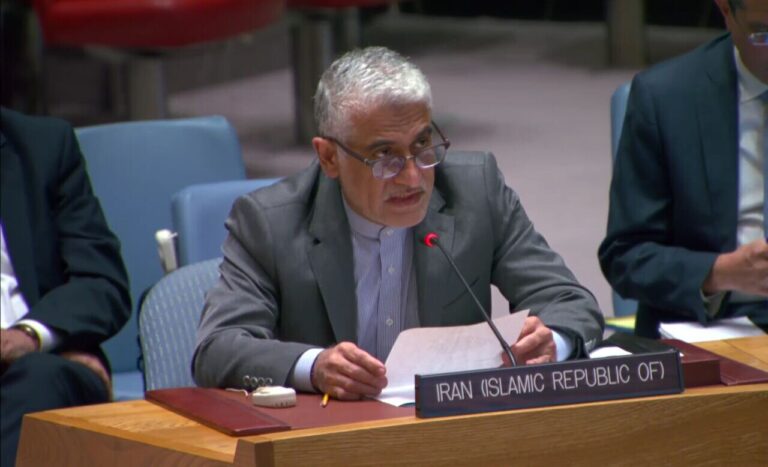
Iran’s UN Envoy Urges for an Inclusive Government in Syria: A Path to Stability
During a recent UN Security Council meeting, Iran’s Ambassador Saeid Iravani emphasized the severe humanitarian and economic crises in Syria, calling for immediate international action. He highlighted the urgent need for infrastructure reconstruction and essential services, hindered by U.S. and EU sanctions that disproportionately affect vulnerable populations. Iravani also raised concerns about the resurgence of terrorism, the rights of all communities, and Israeli violations of Syrian sovereignty. He reaffirmed Iran’s support for Syria’s independence and urged for a government formed through free elections, while rejecting U.S. allegations aimed at distorting the truth. Iran aims to collaborate with the UN for lasting peace in Syria.
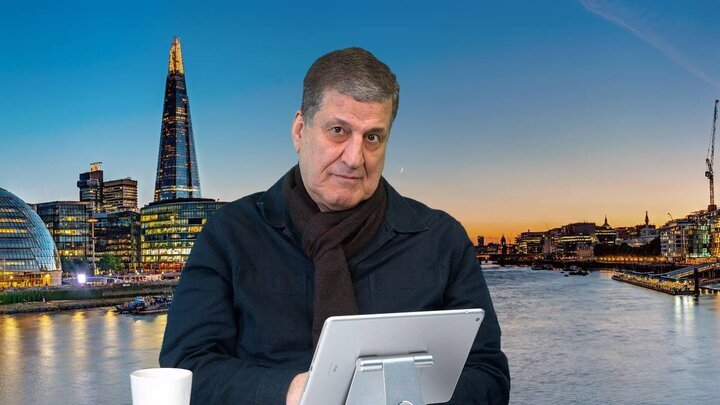
Historic Jolani Trial in France: Paving the Way for International Justice in Syria
A recent lawsuit against Ahmad Hussein al-Shara, known as Abu Mohammad al-Jolani, in French courts represents a crucial step toward international justice amid the Syrian conflict. Human rights organizations have accused him of genocide and war crimes, highlighting the urgent need for accountability in a context where local justice mechanisms are ineffective. This trial, while significant, raises concerns about selective justice that may overlook the regime’s crimes. Advocates emphasize the necessity of a comprehensive justice process that includes all perpetrators, promoting a vision of “Syria for All” that fosters reconciliation and protects minority rights.
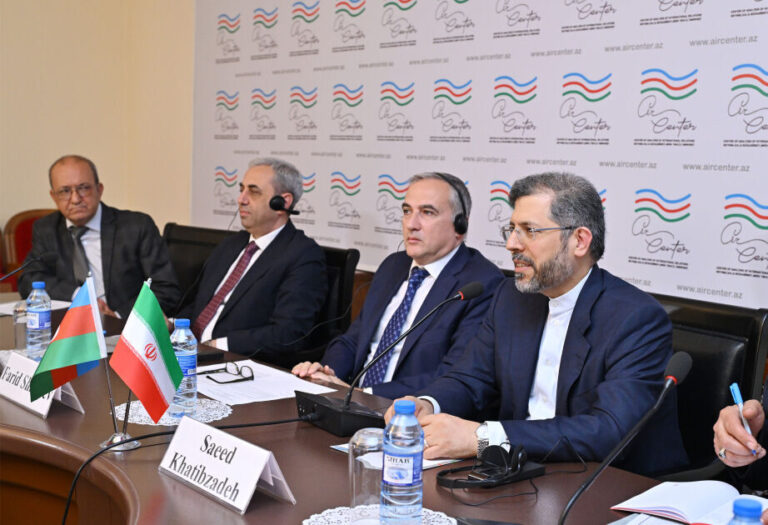
Iran Prioritizes Strong Ties with Azerbaijan, Deputy Foreign Minister Affirms
Saeed Khatibzadeh, Iran’s Deputy Foreign Minister, emphasized the importance of Azerbaijan to Iran, highlighting their historical and cultural ties. He noted that recent developments, particularly President Masoud Pezeshkian’s visit to Azerbaijan, mark a promising turning point in their bilateral relations. Khatibzadeh stressed the need to overcome obstacles to cooperation and adapt policies in response to current geopolitical and economic changes. This engagement reflects a commitment from both nations to strengthen their relationship and foster future collaboration.
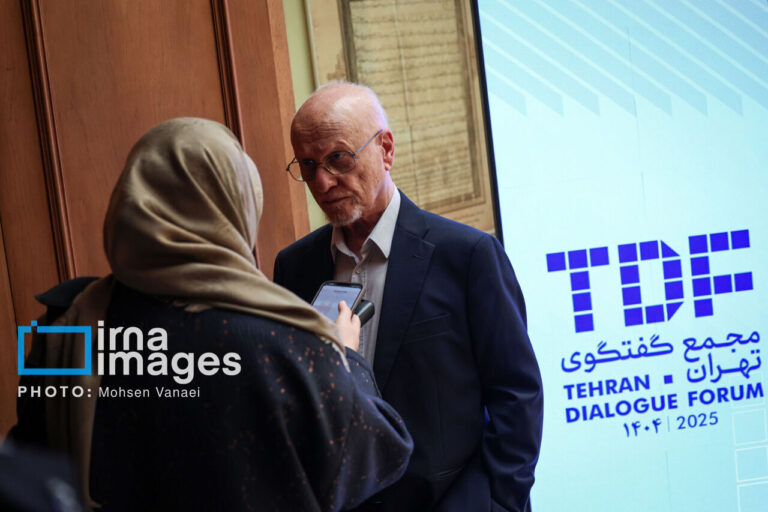
Pugwash Conferences Leader: Iran’s Enrichment Activities Can’t Be Mandated
Hussain Al-Shahristani, President of the Pugwash Conferences, stated that demanding Iran halt its uranium enrichment is unrealistic, as it is integral to the nation’s pursuit of peaceful nuclear energy, aligned with the Treaty on the Non-Proliferation of Nuclear Weapons (NPT). He emphasized that enrichment rights are fundamental, and pressuring Iran to abandon these activities is illegitimate. Al-Shahristani also highlighted the importance of mutual cooperation with the International Atomic Energy Agency (IAEA) for transparency. Concurrently, Iranian Foreign Minister Abbas Araqchi condemned U.S. demands as “unreasonable,” while Ayatollah Khamenei insisted Iran doesn’t need permission to enrich uranium.
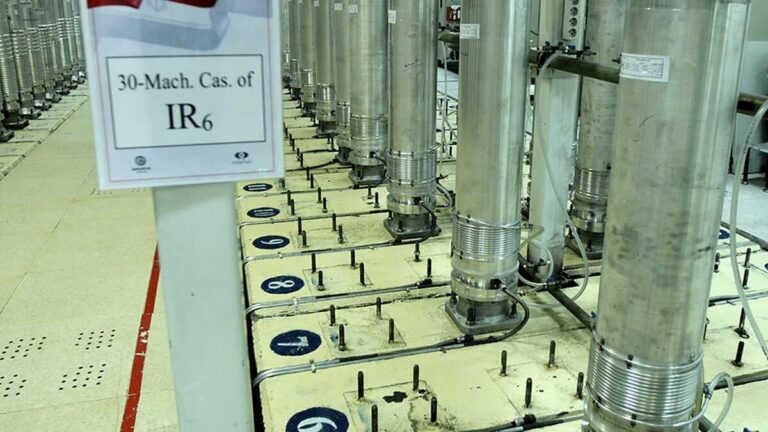
Iran’s Nuclear Case: No Changes in Management, Confirms MFA
The Iranian Ministry of Foreign Affairs (MFA) has reaffirmed its commitment to managing the country’s nuclear case, emphasizing that there have been no changes in the approach to negotiations. The MFA will continue to oversee discussions, maintaining its previous strategy. In response to media inquiries, the ministry confirmed the consistency of its management. Additionally, the Supreme National Security Council will remain responsible for determining the negotiating strategy and coordinating efforts among relevant institutions. This statement is significant in understanding Iran’s stance on nuclear negotiations amid ongoing international scrutiny.
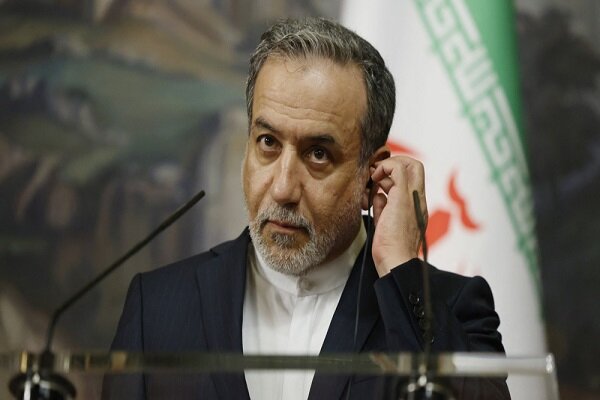
Essential Nuclear Infrastructure and Enrichment: A Non-Negotiable Commitment
During a meeting with the Pugwash International Conference delegation, Iranian Foreign Minister Seyyed Abbas Araghchi emphasized Iran’s legal rights under the Non-Proliferation Treaty (NPT) and its commitment to a peaceful nuclear program. He highlighted ongoing indirect talks with the U.S., asserting that Iran will not compromise on its rights to peaceful nuclear energy, including enrichment. Araghchi acknowledged the sacrifices made by Iranians in advancing nuclear technology despite sanctions and loss of life. He criticized U.S. officials for contradictory statements that complicate negotiations, reaffirming Iran’s readiness for dialogue while upholding its principled positions and aspirations for peaceful nuclear development.